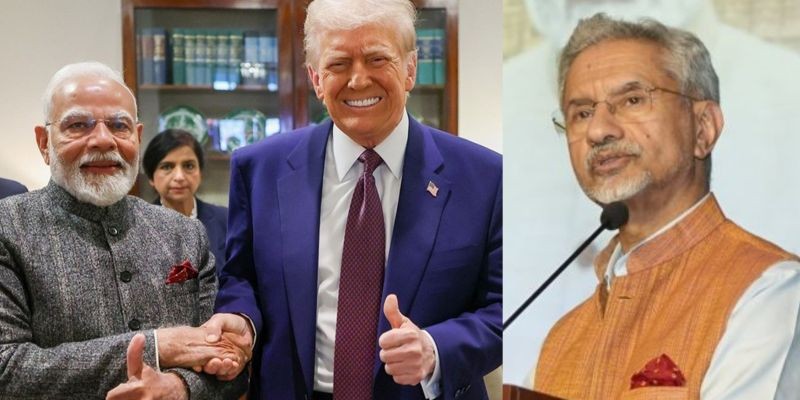Amid West Asia Red Sea turmoil, India flexes maritime muscles

Dubai/IBNS: Amid ongoing turbulence in the Red Sea region, India has sent naval destroyers, frigates, and surveillance aircraft to the Arabian Sea to help commercial vessels amid rising security concerns in key economic zones.
According to India’s Ministry of Defence, the Indian Navy has dispatched guided missile destroyers to the Arabian Sea after an attack on an Israel-linked chemical tanker off its coast.
Three stealth-guided destroyers were deployed “in various areas of the sea” to “maintain a deterrent presence” considering the “recent spate of attacks in the Arabian Sea,” the ministry said in a statement. It was also using long-range maritime patrol aircraft for “domain awareness,” it said.
The turbulence in the region has led to India’s deliberate and cautious emergence as a significant military player in West Asia’s troubled waters.
The transformation is driven by a convergence of interests between the two regions and the critical imperative to safeguard crucial shipping lanes, heralding a pivotal shift in India’s maritime presence.
While India does not directly align with the US-led mission against the Houthi rebels in Yemen, which has recently involved strikes on Houthi-operated facilities, the independent operations of the Indian navy set a precedent for India’s evolving military strategy in West Asia. This marks a departure from its traditional stance of strategic restraint.
The escalation of missile attacks by the Houthi rebels against commercial vessels in the region sent shockwaves throughout the maritime industry. Shipping giants like Maersk have diverted their container traffic away from the strategically vital Bab el-Mandab strait, significantly reducing Red Sea trade and disrupting global supply chains.
The alternative route circumnavigates Africa and imposes additional costs on already stretched global supply chains. Export-dependent nations in Asia, particularly India, bear the brunt of these consequences, and there is a potential for oil prices to surge if the standoff persists.
The situation in the Red Sea has triggered growing anxiety among Indian exporters, who may withhold shipments valued at an estimated US$ 30 billion as a precautionary measure. As India steadily expands its military presence in West Asia, the evolving dynamics in the region continue to be closely watched by international observers.
A Pentagon report earlier said that MV Chem Pluto, a Japanese-owned tanker carrying 21 Indians and one Vietnamese citizen, was hit while traveling 200 nautical miles (370km) off the coast of India. The attack sparked a fire, which was put out but caused no casualties.




